Saskia Harkema
She is a writer, who published a book in March 2018 about Syrian Changemakers “Blijven of gaan?” (in English stay or leave? In the footsteps of Syrian freedom fighters), founder of “Faces of Change” organization, which support refugees in redefining their identity and becoming agents of change in their host country and their country of birth, Human Right Activist, a Professor teaching at different universities, Researcher in the field of Innovation, Entrepreneurship and Diversity, Mentor, Speaker at TEDx, Global Ambassador of Female Wave of Change, Global Leader at Impact Leaders International among many other roles.
Tell me about yourself and your story
My name is Saskia, and I was born to Dutch parents in the Netherlands but the first 17 years of my life I spent in South America – Brazil, Argentina and Colombia. My roots are implanted and defined in South America where I was raised and brought up at an important part of my childhood. Life in South America has been the core foundation for my further development and growth.
Later, when I was 17, I returned to the Netherlands. This transition to the new environment was not an easy one. My parents were very adventurous people, which accounts for why we went to live in South America in the first place. From the outside it may sound exotic, but it was a double-edged sword.
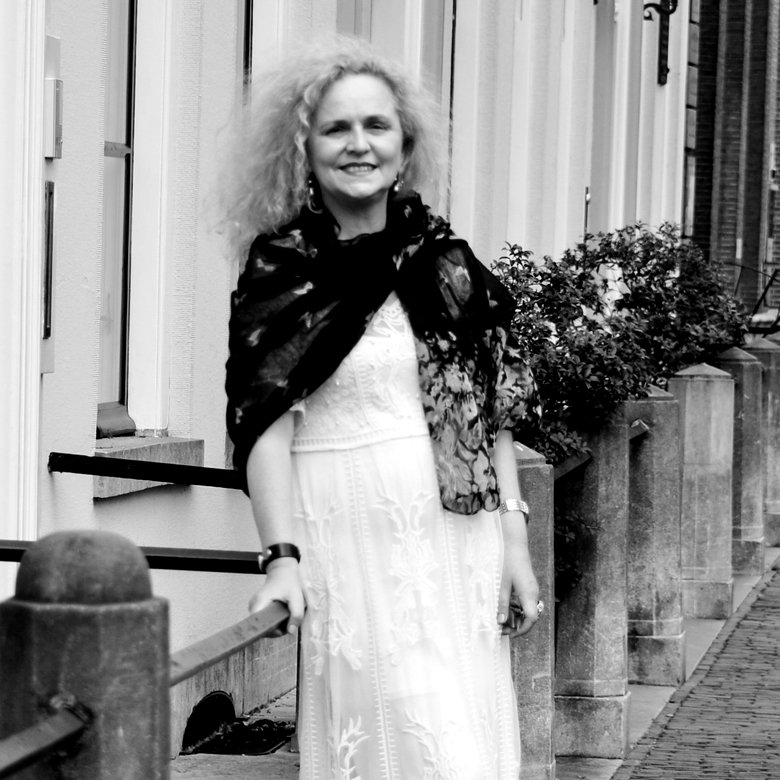
“My parents were very adventurous people, which accounts for why we went to live in South America in the first place. From the outside it may sound exotic, but it was a double edged-sword.”
On one hand, it was very exciting to spend some time elsewhere and to experience a different culture where none of my family was born into. On other hand it has also its disadvantages as later in life I struggled to find my cultural identity and sense of belonging. I questioned myself and my surroundings over and over again – where do I belong? Is it Colombia, Brazil, Argentina or the Netherlands where my parents are from and where I currently live? How could you describe your roots and your identity?
When I was 18, I travelled back to South America and visited places and streets where I used to live. I remember them, and could visualize how they were when I was growing up but unfortunately it was difficult to relate to them when I was back there.
After that, I was trying to determine what identity actually means but it has been a very difficult process for me.
I lived through this inner struggle for many years and carried it around with me for so long it triggered me to start working with refugees later in my life.
“I felt restless in myself and rootless, and found I did not belong anywhere. It is like an inner struggle – you feel like you belong everywhere and nowhere at the same time.”
What did your life evolve at the later stage?
My life was divided between studying and building my career. I studied sociology, law, business administration and in 2014 I completed my PhD at the University of Nyenrode in The Netherlands, which focused on innovation in large organisations.
In the course of the subsequent years I have become an expert in innovation and entrepreneurship and developed and managed European projects and carried out research in different sectors ranging from ICT, Manufacturing, Construction, Legal Services and the Food & Horticultural industries.
I was a very ambitious child, which at the time was not normal to give so much attention to a girl. My life as a girl was pre-defined in those days and expectations of women were very clear.
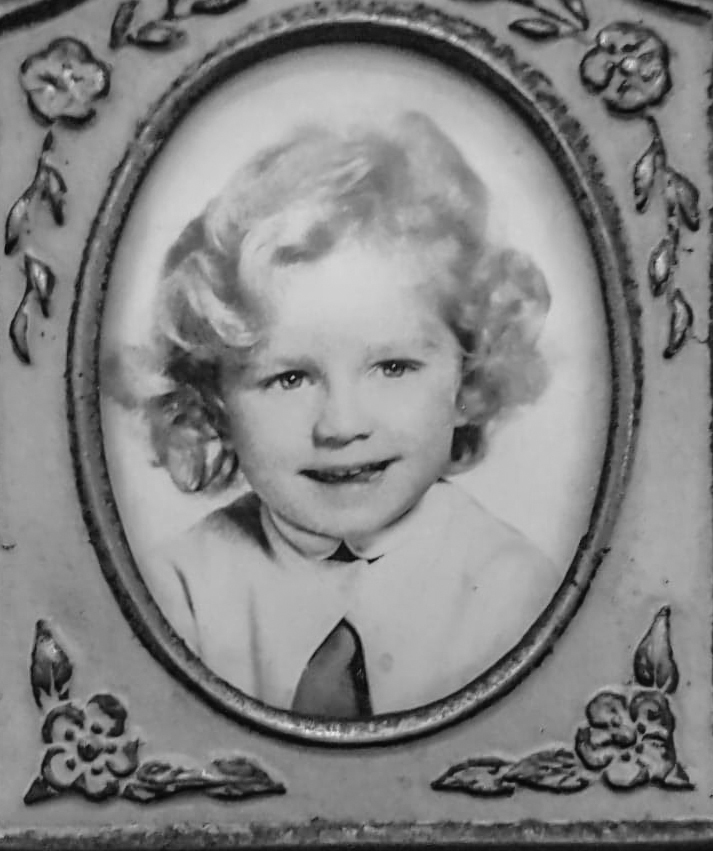
“My life as a girl was pre-defined in those days and expectations of women were very clear.”
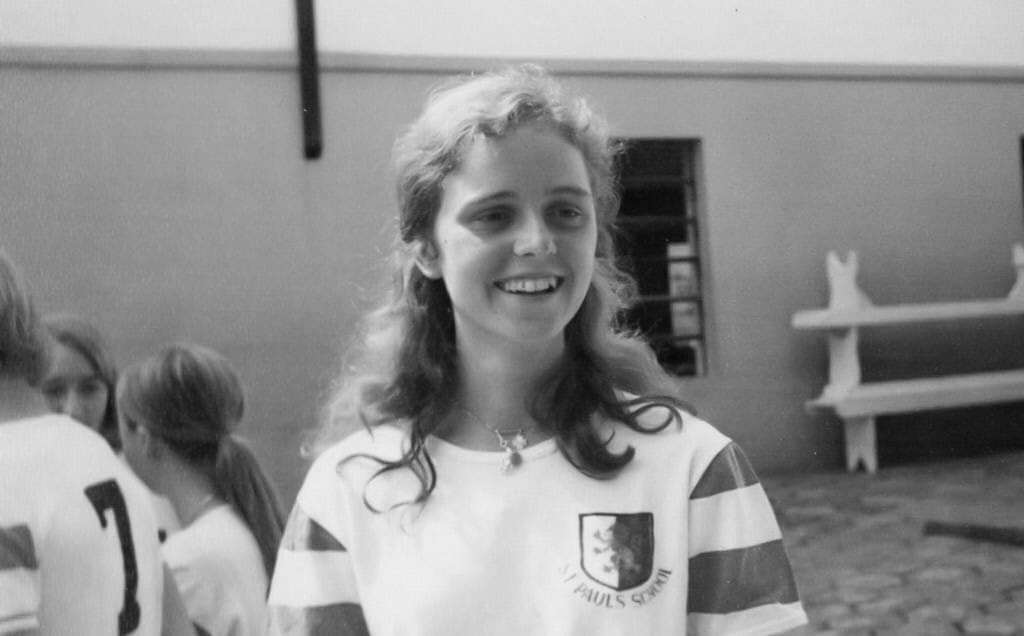
However I proved my surroundings wrong, since I really wanted to have my career and loved studying, reading and discovering new things. I was very devoted both emotionally and intellectually so I could not give this up so easily. My parents always supported me in this respect.
In time I got married and had a son. I also had a long-term wish to adopt a child from Colombia because Colombia in the 1980s was a very dangerous place to live, torn by civil war and unrest which impelled me to adopt a child from there. Also my sister was born there. She had a rare disease and passed away when she was 6 years old.
Once you dream about it, you need to act and despite those rough times, we visited Colombia. Back then it felt like home, welcomed by familiar sounds and smells. I remember we stayed there for 4 weeks to get permission to adopt and although very difficult we got our daughter – Sara.
She is now 21 and we built a great relationship, however she too has experienced the same confused feelings of belonging that I struggled with, and which I tried to find answers to.
How did you overcome a question of your identity and other problems that you faced that came along with identity?
Throughout my life certain moments where do I belong and where I am rooted created lots of personal problems.
I experienced a severe breakdown 10 years ago when I was at the top of my career. I felt like my career and life beyond that was a dead end. I was then affected by a serious life threatening virus, there was the possibility that I would make a full recovery or die. I came from a very genetically robust family, which helped me to recover and although physically I overcame it, emotionally I felt very weak. Illness left me so weak and with no energy to do anything except for spending my days at home doing nothing. The illness hit me so hard, but it also made me think more clearly, and to take some radical decisions giving up my professional career. I wanted to understand what I could do for others in the society.
I also divorced because I discovered I used my marriage as a safety net. I got tired of taking care of others, and putting myself last as far as care was concerned, which was not healthy. Despite the financial cost, I downsized to a smaller house than what I used to, but I was proud of myself even though it is very difficult. I realized I was true to myself and had become the person I wanted to become. Of course I chose a difficult road but I wanted to take care of myself. For three years I struggled financially and had to focus on how to make ends meet. But it was a challenge to overcome and to re-think how I lived but I did manage it.
How did your family react to your decisions?
I had a very complicated relationship with my parents, especially my father, who had a very strong character like myself. I was angry because of all the travelling and moving. But in his last year we had wonderful talks and I really got to know him and understand his choices.
For a year or so I visited him 3 or 4 times a week in the hospital where he stayed, before he passed away and those moments were magic to me. He told me about all the choices he made as I was growing up and the hopes and desires he had. It was very beautiful. I relived those stories again and I realized I was very much like him. After his death I learnt that he had prepared to take financial care of his family after he left which I had not expected. This also made me realize that I have to go on and live a fulfilling life, and fulfill my own dreams and give something back to the world in my lifetime.
This influenced my decision to publish my first book “Blijven of gaan?” (in English “Stay or leave?”), which is based on stories of Syrian freedom fighters and refugees whom I have met and followed for four years. The stories are of hope and show the unimaginable resilience and courage of people. I am also working on my second book that is going to be about the meaning of home, belonging, identity, being rooted or uprooted. It is a novel inspired on my life. I hope it will be published by July 2020.
I have still not discovered where I belong, but I resolved to accept it and now I say I belong everywhere and nowhere at the same time. I am a lone wolf who blends in easily with the crowd. Belonging could be to more than one place, and that keeps me going through my life.
“I am a lone wolf who blends in easily with the crowd. Belonging could be to more than one place, and that keeps me going through my life.”
Recently I also became an ambassador of “Female Wave of Change” and was involved in developing a project called “Changemakers4all” in Macedonia. Working with diverse groups of people and projects makes me feel alive and keeps me going through my life with renewed meaning. I feel with my knowledge and experience I could give a lot to many people.
What inspires you?
I have been always inspired by common ordinary people around us, living in our neighbourhoods, towns, which share and generate the same common values. I admire them because they teach us how we can keep hope alive when going through a difficult time in our lives. The majority of those people we could easily relate to, and learn from their experience. Essentially my book is based on this thought and every story that is documented in there shows their resilience, tenacity and inner driving force, which I truly admire.
I am enthralled by people who can transform society in a better, more positive way whatever they do in their lives. It could range from contributing to good cause initiatives to educating people on any social topic; it could be big or small as long as it contributes to a better society and world. I believe there is a living hero in each one of us and we should all aim to use that potential once in our lifetime to contribute to the greater good.
What one piece of advice would you give to others?
Change starts with us. You do not need to conquer the world and take a presidential post but you can make change within the boundaries of your own life, and within your society and people around you.
I was always very serious about world problems with strong beliefs and empathy for less privileged people. However, over time I came to realize that is all about compassion. We should not try and solve their problems because I think in some cases it is hardly possible, but be compassionate.
Compassion is rather different and shows respect to other human beings. I respect human beings if they are politicians or beggars on a street. Even when you give money to the latter, you think I only wish them to buy something good for themselves but of course it is up to them to decide what they want to do with it. It is about what comes from you.
The turning point for me was when I recovered, I felt a huge sense of responsibility and for this reason I created “Faces of Change” – a non-profit organization, which seeks to support newcomers entering the Netherlands from war-torn countries via non-formal education, training and coaching to tap into their talents and expertise so they can become active and participate in society.
I also spent a lot of my time supporting others to develop their business and follow their dreams by creating incubator of ideas for the last 10 years. As for the future I would like to focus more on the less privileged and help them to find their own potential, which I am currently working on. But also my other work is very important to me.
“When I think about people who I look up to, they are not those very well-known figures but rather those living close to us.”
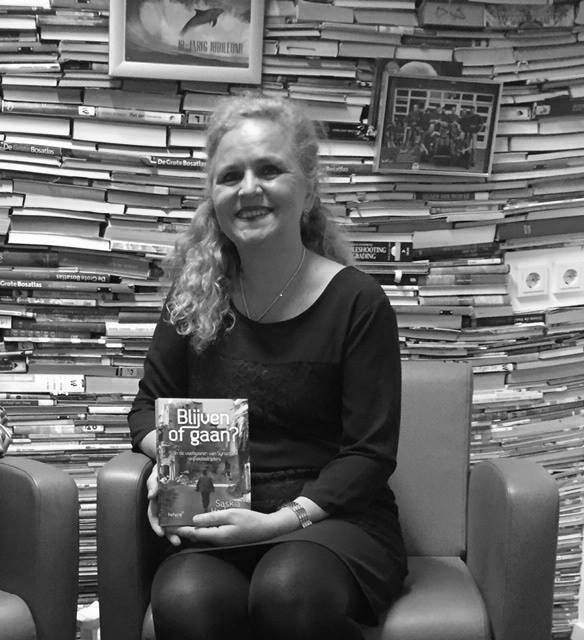
“I believe there is a living hero in each of us and we should all aim to use that potential once in our lifetime to contribute to the greater good.”
What would you be your recipe to achieve what you are aiming for?
Well it is not an easy question to answer but I think it has to do with at least three main drivers that could influence you, your decisions and choices in life.
First thing is family and culture, which have a substantial impact on our upbringing and background, which contribute to forming you, your views and your personality while you are growing up.
Second is education, which drives and stimulates your interest in a particular area and third one is society, which puts a lot of pressure on you and has certain expectations. However in all of this, it is you who needs to manage it and set your own boundaries.
I always say that you have to go and explore things for yourself, see what you really want in life and what makes you happy, curious and passionate. If there is something you feel very strongly about, you can withstand your parents who might be opposed to your decisions, societal pressures and conquer all other struggles. It is a battle but you can make it if you truly discover what you like to do, what you are passionate about, what your mission and purpose is in life.
I always say to my students that they have to be critical, and that we as teachers want to challenge you to be even more critical and thoughtful to help you develop your own capabilities and intellect.
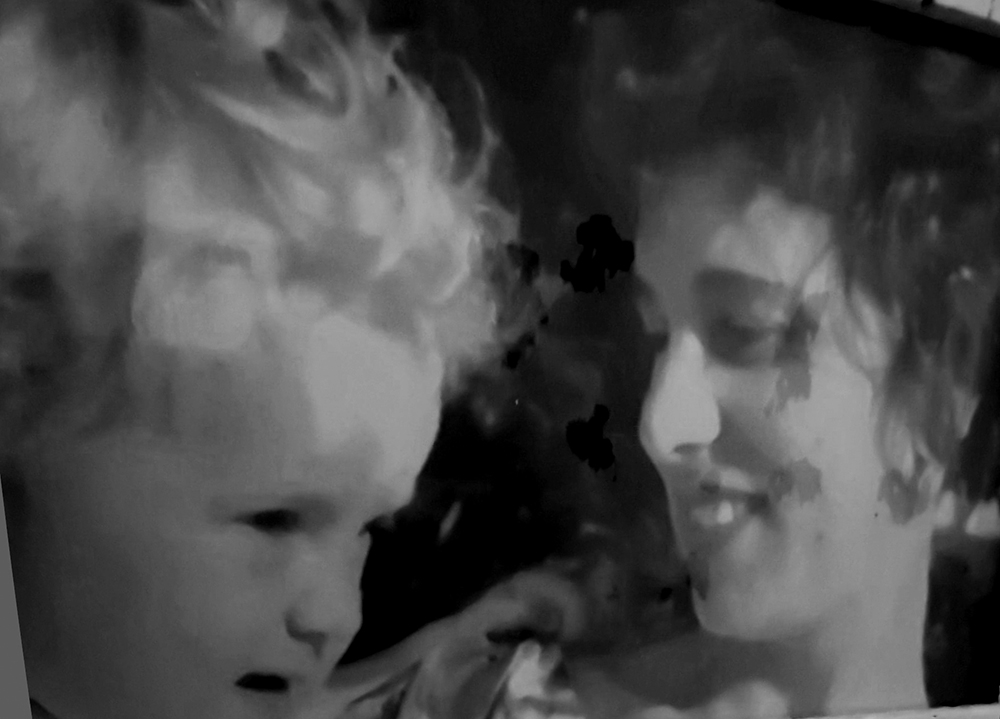
What was the biggest risk you have ever took and what did you learn from it?
Adopting a child was the biggest risk and responsibility I have ever taken because I never knew how parenting for the adopted child who was taken away from their parents would go. It was the most difficult journey of my life that I have been committed to.
At times it has been very tough for both of us since I adopted her when she was 4 and half years old from Colombia. I had to ensure that this tiny human being who was neglected and traumatized can trust me and we could build a family relationship.
Now she is nearly 22 years old and I admire her very much and am also very proud of our good relationship. However sometimes when I think about – living with the idea that her mother gave her up is very difficult.
What matters to you?
“I am mostly concerned about the wellbeing of the youth of the world, and how we can create a world, which is safe and supportive for young people in an ongoing, challenging landscape.”
Youth unemployment worldwide is on the rise and with growing use of automation and artificial intelligence; employment opportunities might be even more hampered.
Robots are going to have a huge impact on working and social environments. They are already affecting children and the younger generations. I am mostly worried about the fact that robots might replace some of the workforce and we will have robots as colleagues; how we will develop and interact as human beings if we are co-working with robots all day long. I sense a problem for our personal development, social interactions and communication. Scientists already are speaking about the next stage in evolution that we will transform in Robo Sapiens. It sounds grotesque to me.
I have been studying technologies for 20 years and now 20 years later, we see the technological advantages, which of course have had a positive impact for some areas of our lives but I am now troubled about the social aspects of it.
For instance, the youth in China do not have a say about their future, they do not have freedom or their own autonomy. Parents are the masters of their children’s future plans. You see that many children play and act in a created virtual reality, and creating their “second self” where they create imaginary lives so-called alter egos and imitate interactions with others who were also created on the same platform. It feels that you no longer know who you are, and later you find out this is an imaginary second life. I believe this also affects and explains the high numbers of suicide rates among other things. My abovementioned concerns are interchangeably connected to several issues and I am in search of how we as a society can become freed from social pressure and choose to become who we want to be in this complex world context.
Next to my teaching I am trying to enable students to take control of their lives and stand up to people, who are trying to crush them. I try to plant a seed in their minds that they can be the change they wish to see in the world, regardless of age and capabilities.
If you really believe in yourself, what you want to achieve, with hard work and persistence you can. There should be nobody to dictate your life, your choices and push you down. On the contrary you need to love yourself and give yourself an opportunity to discover life around you.
What are your future objectives?
My answer might not be socially correct but rather truthful – I do not think and set objectives for my future. I enjoy the journey i.e. the process rather than being focused on the end result. What I really want to make a difference in is to contribute to the world change and make a better place to live.
“My abovementioned concerns are interchangeably connected to several issues and I am in search of how we as a society can become freed from social pressure and choose to become who we want to be in this complex world context.”
“I put all my efforts into achieving that, as I feel there is huge urgency, and necessity as the world has become very harsh to live in for many of us.”
DETAILS
Name: Saskia Harkema
Industry:
– Non-governmental, non-profit organisation
– Human rights activist
– Social entrepreneurship
– Coaching and mentoring
Country: The Netherlands
